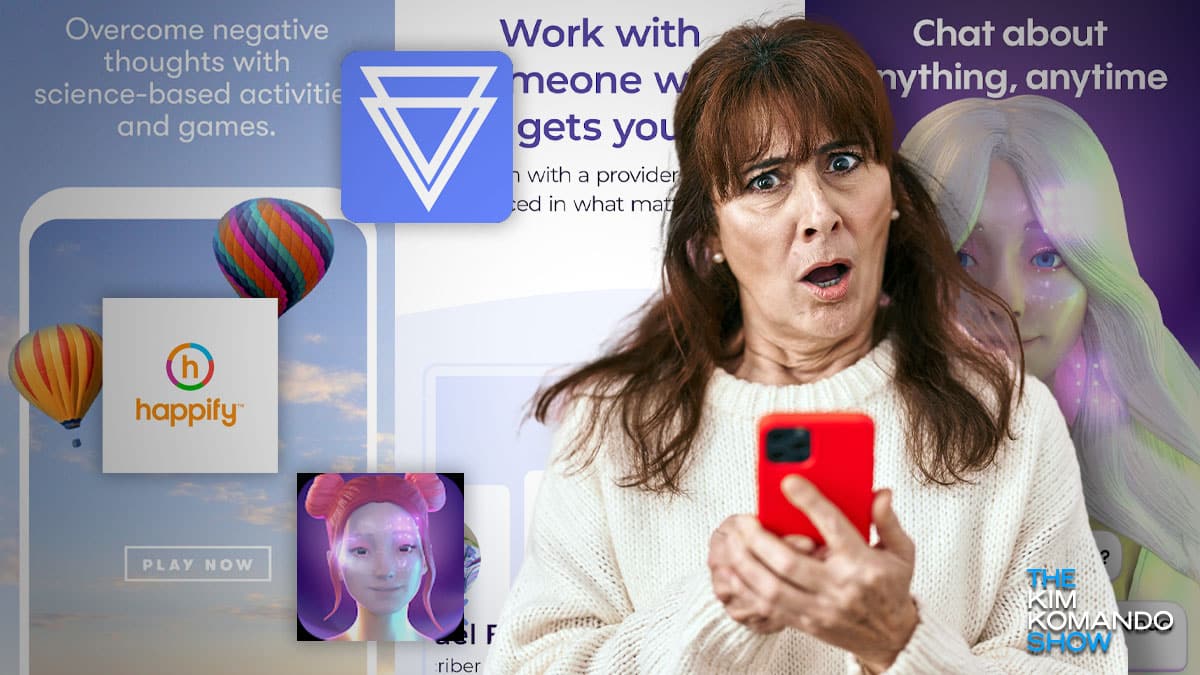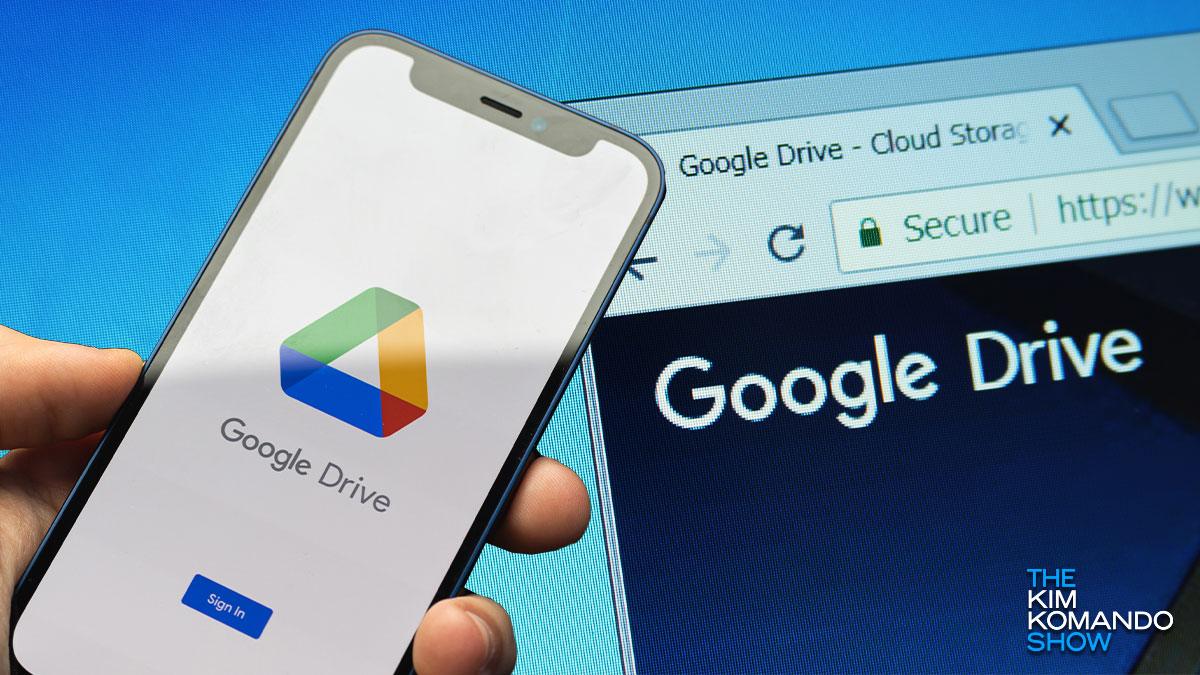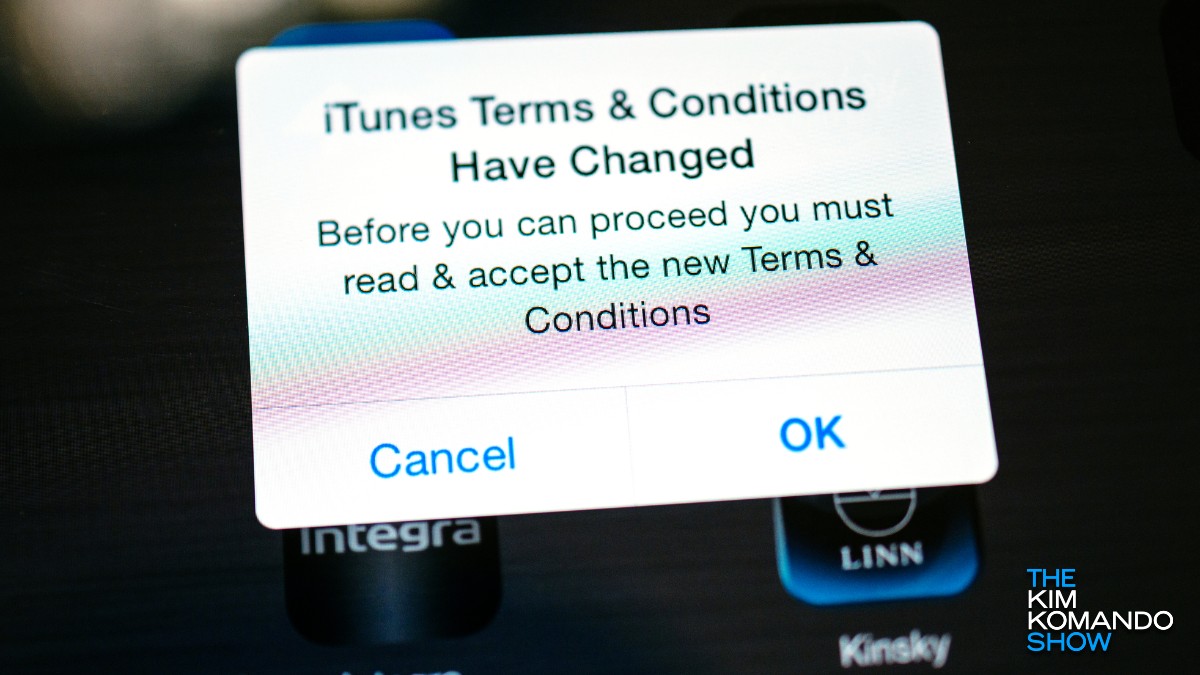No one reads the terms and conditions: There’s a free resource that does it for you. Terms of Service; Didn’t Read is a website and a browser add-on that summarizes the key points before you hit “Agree.”
Just how private are mental health apps?

Chatting with an AI-powered therapist after a hard day at the office is convenient, but it’s not necessarily confidential. We’re still in the Wild West when it comes to protecting your privacy on mental health apps.
If you’re not careful, you could be signing your rights away the moment you tap the download button. New research from Mozilla revealed how mental health apps treat personal data, and many failed the test.
*Privacy Not Included
The *Privacy Not Included initiative was launched by Mozilla in 2017. The label aims to give people the knowledge they need to choose products that best protect their privacy. Since the initiative started, over 100 apps and 300 internet-connected devices have been reviewed.
The bad news? Many apps target vulnerable users with predatory ads, share your data and have garbage-quality privacy policies.
1 step forward, 2 steps back
Mozilla’s 2022 investigation revealed that mental health apps were “worse than any other product category” in terms of security and privacy. Oy vey. They gave 29 of the 32 studied apps the *Privacy Not Included label.
This year, the Mozilla team found 40% of the apps were even worse than last year. However, a third of them did improve. Only 19 of the 32 apps in the 2023 investigation received the *Privacy Not Included label.
Mozilla’s most wanted
Which mental health apps should you steer clear from? Mozilla warns that these are some of the worst options:
- Replica: My AI Friend
- Cerebral
Haven’t heard of them? Keep an eye on these well-known apps, which require up-front questionnaires before they show you their privacy policies:
You might be breaking the law online and not even know it

If you’ve ever uploaded a video to YouTube, you know how fast it will be flagged if there’s even a hint of a copyrighted song playing in the background.
If you’re shaking your head, you’re not alone. There are many things you shouldn’t do online. Some are just plain dangerous. Tap or click for five silly mistakes putting your online privacy and security at risk.
Read privacy policies quickly with these tips
When was the last time you actually read a “Terms of Service” popup? Let me tell you why you should, in just 60 seconds.
I got a kick out of this: Football player Travis Kelce’s dad is banned for life on X. He posted (on Facebook!) about the hypocrisy of arms dealers in Yemen selling weapons on the platform when all he really did was follow sports reporters. X hasn’t given him a clear reason — just a generic Terms of Service violation.
Data-hungry apps: These are the worst for your privacy

Big Tech is always after your data, and that’s especially bad when it affects national security. TikTok has been accused of spying and sending U.S. data to China. Tap or click here to keep your info safe.
Facebook, Instagram, PayPal, YouTube, eBay, Google, and TikTok. These are some of the biggest names in tech, with billions of active users worldwide. You likely have accounts with some or all of these companies. Did you read the fine print before agreeing to their privacy policies? Most people don’t.
Google Drive could start blocking files it says are against its terms of service

Google Drive is a cloud-based storage system that lets you store files, which you can access by logging into your account from any phone, tablet or computer. It’s useful for keeping files organized and sharing them with others.
Lowest flight price, guaranteed: When you buy a qualifying ticket, Google Flights monitors the ticket price. If it drops before takeoff, you’ll get the difference. At flights.google.com, select a flight with a rainbow shield icon next to it. Click Book on Google and check the box next to Price Guarantee to accept the terms of service.
Because you’re not going to read it: Terms of Service; Didn’t Read is both a website and a browser add-on that summarizes the key points before you hit “Agree.”
Secure email provider ProtonMail just passed user data to police

When you sign up for a free email account, that service comes at the cost of your privacy. Agreeing to the terms and conditions means your provider can track as much as they want, from financial records to private messages. Tap or click here to find out how much your email provider is collecting on you.
Scammers are pretending to be money lenders - Red flags to watch for

Scam alert! If you are thinking, really, again? You aren’t alone. It appears every time we turn our heads. There is another scam looking to steal your money. Tap or click here for details on eight of the biggest recent scams you need to watch out for.
An easy way to spot fine-print 'gotchas' before you agree to online terms of service

Quick show of hands: Who here actually reads all the way through the terms of service when signing up for a website or app? Aside from the lawyers among us, we’ll hazard a guess that the number is low. Terms of service tend to be dense and boring, but they contain critical information that has huge implications.
Parler: Your guide to the 'free speech' social network

Debates about free speech on the web are as old as the internet itself. But due to rapid changes in public discourse and opinion, not everyone is sure as to where free speech applies online.
Per the First Amendment to the U.S. Constitution, Congress shall make no law “…prohibiting the free exercise thereof; or abridging the freedom of speech.” Of course, this applies to the government making rules about speech, not businesses and the platforms they own. Tap or click here to explore a high-resolution digital edition of the U.S. Constitution.
Worst companies for data privacy? You've got to see this list

At Komando.com, we’re always on the lookout for new information that will help you protect your online privacy. The digital world is constantly changing, and making informed decisions about where you share your data is critical in this day and age. With so many platforms to socialize and do business with, knowing safe places from unsafe ones can mean the difference between browsing in peace versus facing down hackers, targeted advertising, or worse.
